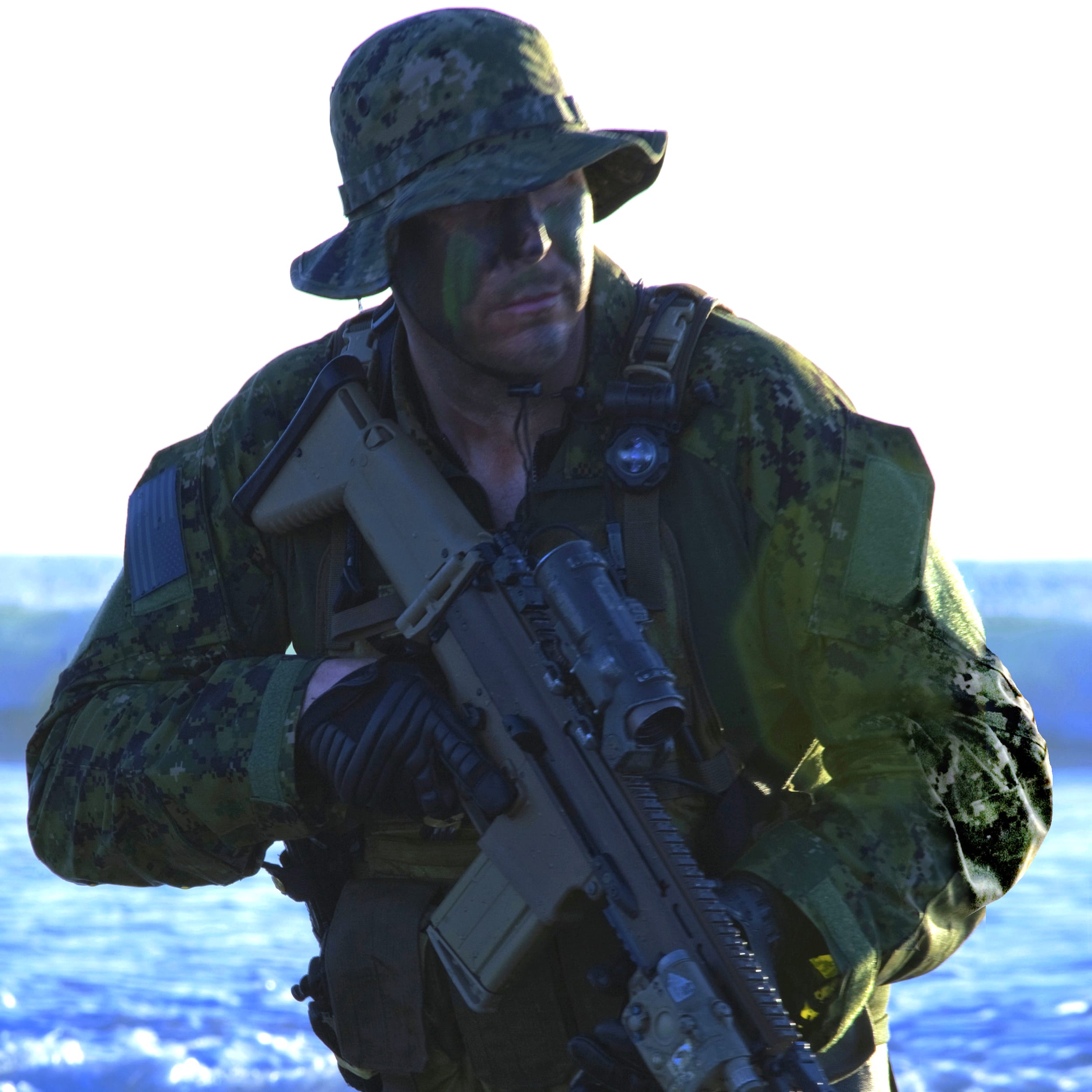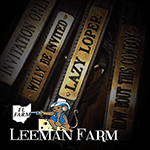A few weeks ago, the commencement speech at The University of Texas given by Naval Adm. William H. McRaven, ninth commander of U.S. Special Operations Command was floating around cyberspace. The speech was about the 10 life lessons that he learned during his basic SEAL training, and if you have not seen it yet, you can find it here. After reading the article, it occurred to me that equestrians can learn a lot from a Navy SEAL‘s experience.
Learn how to wrap your horses legs. Correctly.
The first thing Navy Seals do when they wake up at zero dark thirty is make their own bed. Not the throw the cover over the rumpled blanket and sheets method that I used to try and get away with as a teenager, they utilize the no wrinkles and hospital corner protocol. Not only that, but your bed-making skills are scrutinized and evaluated by experts, looking for tiny mistakes. If you think about it, what would it do for your mindset knowing that you started off each day being mindful while completing what seems to be a mindless task and doing it impeccably?
While making your bed or even making your horses bed requires discipline, there is one equine task that might compare to bed making and that would be putting polo wraps on your horse. After all, it demands a high attention to detail, and when done improperly, it doesn’t just look sloppy, it can cause damage as well.
Work well with others
Navy Seals know that they succeed as a team, but being a team member means doing the best possible job that you can in the role you play on your team. Even though showing horses is considered an individual sport, you are actually part of a team nonetheless. Being a member of a team means that you pull your own weight and are a person that others can rely on. Even small things like loading the trailer before a show, or helping somebody get to the in-gate on time go a long way in building trusting relationships with your fellow barn mates. When everyone knows what their job is and they do it to the best of their ability, things go smoothly, and a side benefit is the creation of a drama free zone, which is a win-win for all involved.
The person who wants it the most can succeed
We all know deep down inside when we have done everything that we know we should do, or when we have slacked off a bit. At the end of the day, it isn’t always the person with the most talent or the best horses that will end up on top. Over time, the person who works the hardest with what they have to work with becomes the one that is truly successful. Not only will all that hard work pay off in basic riding skills, nothing builds confidence more than knowing that you never leave anything to chance when it comes to being prepared.
Be your best in your darkest moment
It’s pretty easy to have a positive outlook and do your best when things are going well, but what about those times when you aren’t getting the results you want? Do you pack up your tack trunk and go home or do you take time to reflect on what’s happening and come up with a new game plan? When you are on top of the world, it’s pretty easy to handle what comes your way with grace and dignity, but when the world throws you a monkey wrench, a true champion takes it all in stride knowing that this is their time to shine.
Respect all of the feedback that you receive-even if you don’t agree
Several times a week, Navy SEALS in basic training undergo to a very thorough uniform inspection, with emphasis placed on the shine of their belt buckle, the lack of wrinkles in their uniform and the starch content in their hat. Seems to me that if you know the rules and execute correctly, it should be a slam-dunk, right? Well, not exactly. It doesn’t matter if a SEAL thinks they are up to snuff since the instructors are tasked with finding something wrong. The price for failing the uniform inspection is even worse than knowing that your good enough, isn’t. The price for failing is to become a human “Sugar Cookie” which entails wearing your sub-par uniform into the ocean, and when it’s good and wet, you get to roll in the sand and live in your wet, sandy uniform for the rest of the day. The moral of the story is that there is no such thing as perfect, and there is always something that your trainer, your peers or the judges will think should have been done better. The key is to develop thick enough skin so their words, just like having sand in your underwear, don’t cause irritation, but instead they serve as a reminder that no matter how well you do, you can always do better.
Kirsten Farris is a regular contributor to GoHorseShow.com and a Certified Sport Consultant, Certified Equestrian Fitness Trainer, and the Author of The Workbook for the Equestrian Athlete – A Guide to Showring Success. Kirsten and her horse, Lyles Al Lie, were the 2012 and 2013 AQHA Select World Champion in Hunter Under Saddle. For more information contact her at: [email protected] © 2013









